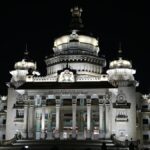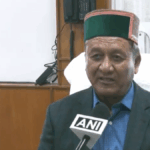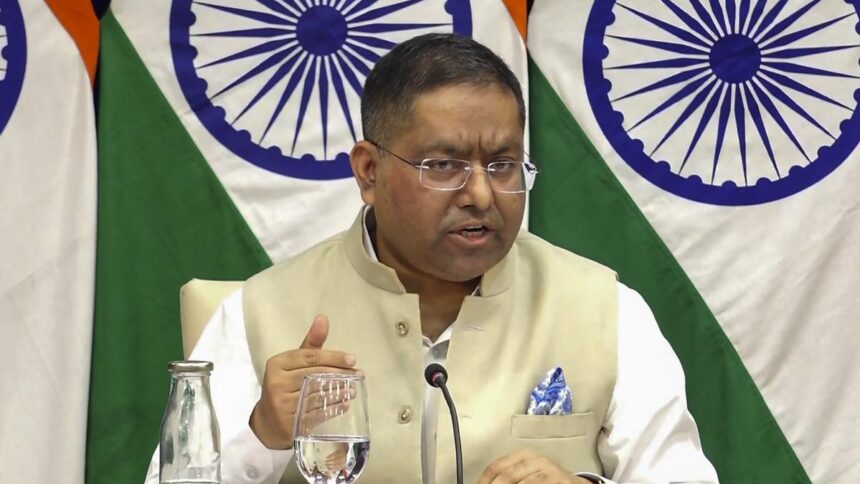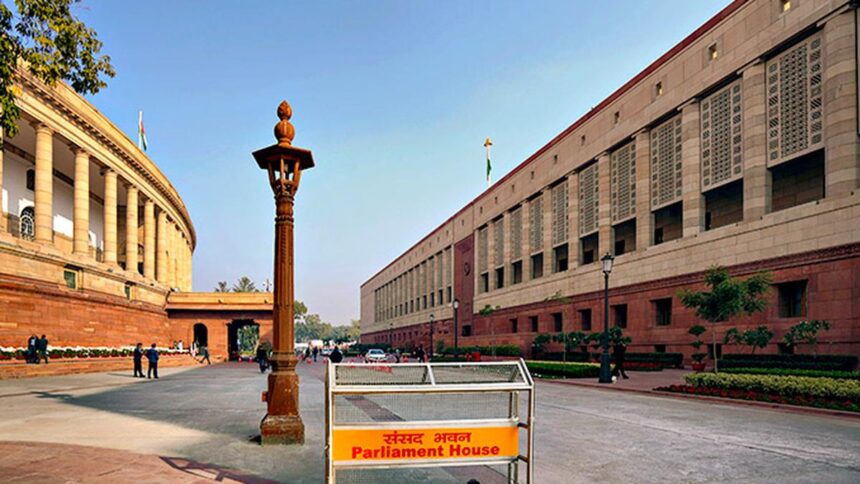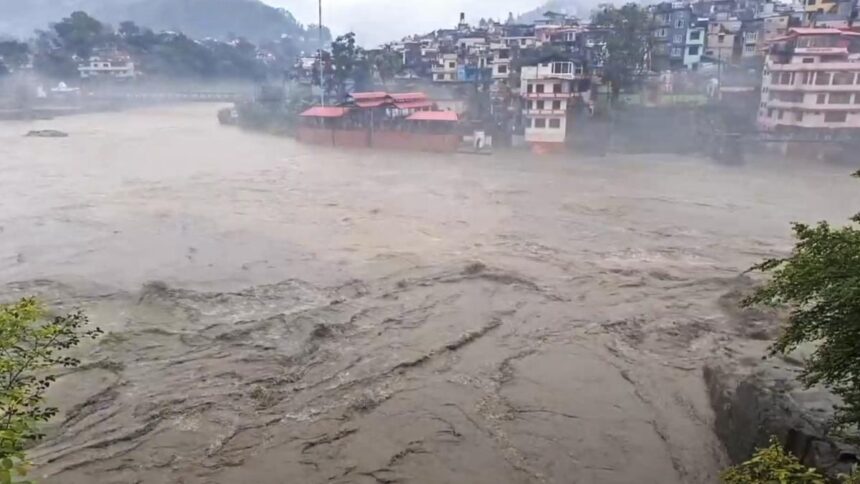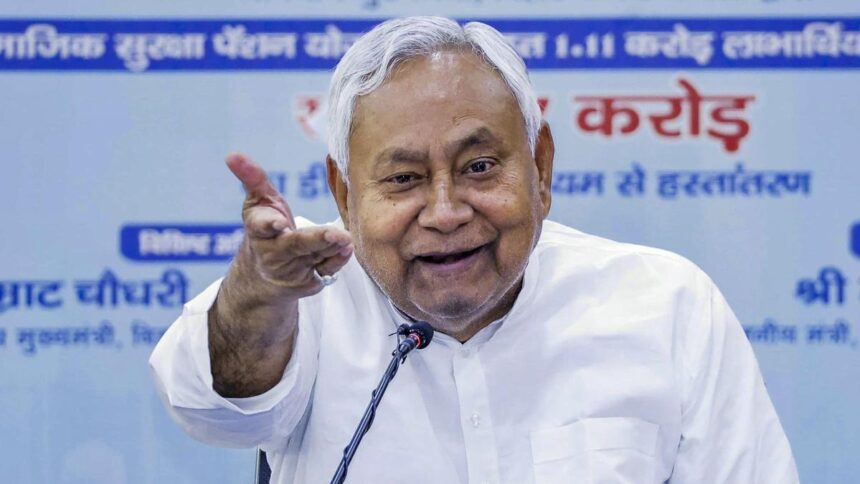Thirty-two-year-old S. Radha has been running from pillar to post to get her daughter admitted to a government-run residential school for a year now. The child whose documents do not provide the father’s name, but has ‘XYZ’ marked in the column to name the father, has been denied admission.
“I have been humiliated by officials. Having to fill the father’s name mandatorily has to be removed to make our lives easy,” said Ms. Radha, a Davadasi and a resident of Nagenahalli, near Hosapete in Vijayanagara district. The woman, who dropped out of PUC more than a decade ago, is currently pursuing a Bachelor of Arts. Similarly, 22-year-old Ravi Kombenavar, a civil engineering diploma holder from Nidugundi in Vijayapura district, has ‘XXX’ written in place of his father’s name.
The need for naming the father has become a problem, especially after the application process has been moved online and without filling the name, the application remains incomplete.
“Though officials frustrate us by asking us to put some random name whenever there is a problem, I do not do it. How can I create documents for some imaginary name?” asked Manjula Malige, daughter of a Devadasi and an MSW graduate working at Hosapete-based NGO Sakhi Trust. “We want the government to allow us to name our mother in the father’s column or just write Devadasi.” Ms. Malige faced a problem when she applied for a certificate to get benefits under Article 371 J.
The Devadasi children have been facing the problem for a long time, and recently, the daughter of a Devadasi fought successfully for months to get her passport done without naming the father. “Many others have had a problem of the grandfather’s name or a maternal uncle’s name filled in the father’s name column. When the women migrated looking for livelihood, they would leave their young child in their maternal homes. During admissions, either the grandfather or uncle would have provided names,” said Renukamma from Kudligi.
According to Koppal resident Yamanurappa Hucchaiaya Swamy, son of a Devadasi and coordinator of the Vimuktha Devadasi Mahila Mathu Makkala Vedike spread across 14 districts, most Devadasis come from Dalit and backward communities. He said more than 90% of the Devadasis come from the most backward Madiga community. Women from Holeya, Valmiki, and Talwar communities, among others, have also been initiated. “In many cases, though the father is moving in front of his children, they cannot identify him as the father. The Bill has become necessary because there is no reservation or any other comprehensive benefits for Devadasi children. In most cases, Devadasis are abandoned by men, do not provide their name to the child, and there is no value for relationship,” he said.
Published – July 23, 2025 07:26 am IST





